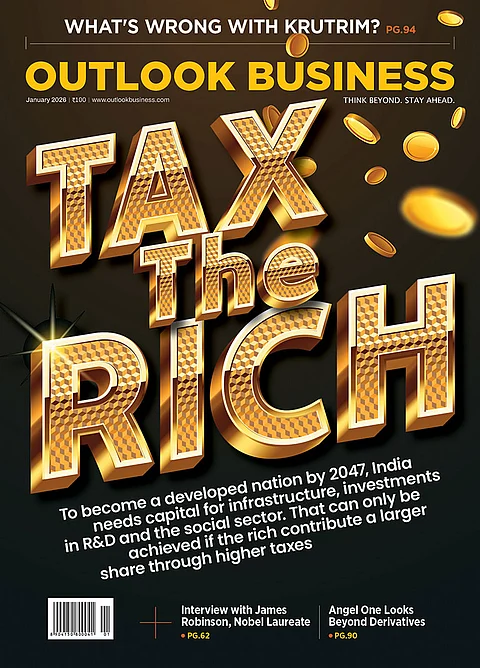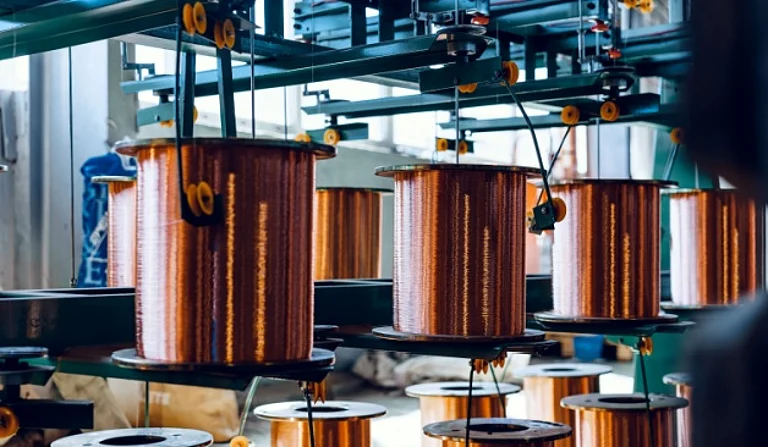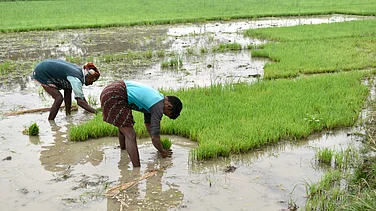Plastic is routinely touted as a ground-breaking material, a modern-day miracle—light, flexible and inexpensive to manufacture. But the bill we settle at the checkout counter is nowhere close to the real cost we're incurring. The environmental and human price of plastic manufacturing and waste is far greater than most of us can imagine.
Currently, more than 430mn tonnes of plastic are produced annually, and almost two-thirds end up as waste within a very short time. Just around 9% of all plastic ever manufactured has been recycled; the rest ends up in landfills, oceans or is incinerated. The notion that plastic is inexpensive is based on a flawed economy—one that disregards the long-term harm it causes to ecosystems, biodiversity and human health.
Microplastics, now found in rainwater, soil, seafood and even in human blood, are not just an environmental concern—they are a slow-burn public health emergency. Cities are paying millions to clean out clogged drains. Sea life is being smothered out of existence. And in neighbourhoods near plastic processing or dumping grounds, the health impacts are devastating.
Rethinking Plastic: From Waste to Worth
Although awareness is rising, the shift away from plastic remains slow. Part of the reason is that alternatives are still perceived as expensive or inaccessible. Increasingly, though, innovation is belying these fears. Startups and disruptors are showing that it’s possible to rethink plastic—both as a problem to be solved and as a material to be reimagined.
Consider the rise of waste-to-value models, in which discarded plastic is harvested and repurposed into useful products. In Indian cities, decentralised systems are converting plastic waste into everyday items—bags, tiles, packaging—while creating dignified livelihoods for local waste pickers. These models may be small in scale but represent a meaningful shift: treating plastic not as the end of a product’s life, but the beginning of a new one.
A compelling example is Goodeebag, an online circular economy platform that recycles hard-to-recycle plastics and gives them a new lease of life. Instead of consigning low-value plastic to incineration or landfill, it cleans, treats, and transforms it into durable consumer goods. The process generates employment, reduces landfill burden, and injects circularity into an otherwise linear and wasteful supply chain. This isn't PR or charity—it's practical, impact-driven green design with long-term financial logic.
Plastic Costs More Than We Think
World Environment Day serves as a timely reminder that the fight against plastic pollution needs more than bans and symbolic clean-ups. It requires scalable, real-world solutions and supportive ecosystems that make those solutions viable. Venture capital, policy frameworks and consumer behaviour must align to reward the right innovations—not just the most profitable ones, but the most sustainable.
Consumers also have a vital role—through the choices they make, the companies they support, and the accountability they demand. No single actor can solve the plastic crisis alone, but together, our collective action can reverse its course.
In the end, plastic is not cheap. It may look cheap in the short term, but in the long term, it is ruinously expensive. It’s costing us our health, our biodiversity, and our capacity to withstand climate change. It’s time we reassessed its true cost. Investing in alternatives, supporting innovation, and encouraging responsible consumption are no longer optional—they are essential.
Let this World Environment Day be more than a day of observation. Let it mark a turning point toward sustained responsibility. Every plastic bag rejected, every circular start-up backed, every product redesigned is a step back from a worsening crisis—and a step forward toward a livable, sustainable future.
(The author is the founder and CEO of SCOPE, a platform focused on sustainability and innovation.)



























